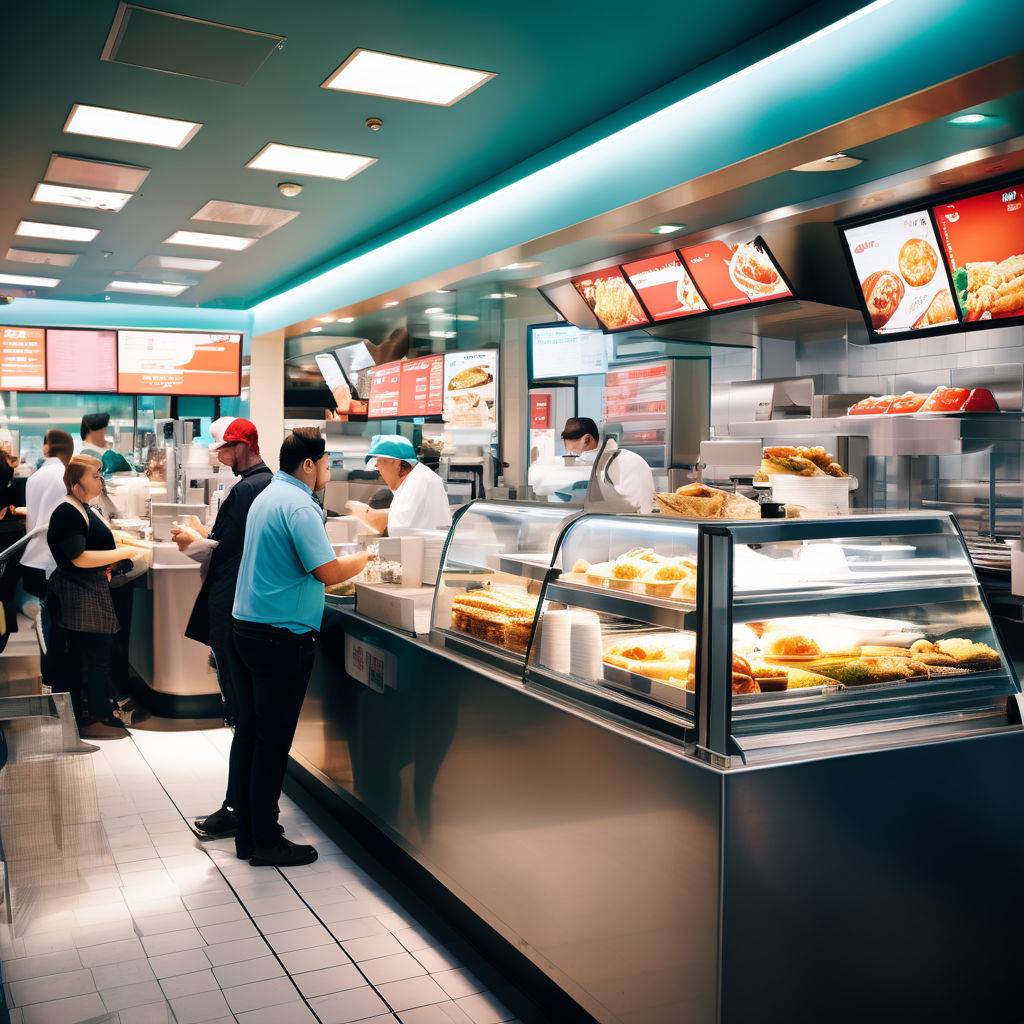By Paul Revere, TLNA Contributor
Livestock Industry and Antibiotics
Livestock producers have historically used antibiotics to accelerate weight gain in animals, enhancing their profitability. However, this practice has raised concerns regarding human antibiotic resistance, as these drugs are extensively used in livestock production.
Chick-Fil-A Shifts Stance
Chick-fil-A, a prominent fast-food chain, is reversing its no antibiotics ever pledge due to projected chicken shortages. Previously committed to serving chicken free of antibiotics, the company will now adopt the industry standard of no antibiotics important to human medicine. This decision follows a trend set by Tyson, the largest poultry company in the U.S., which abandoned its antibiotic-free pledge last year.
Industry Response
Other major meat processors, such as Pilgrim’s Pride and Perdue, have varied stances on antibiotic use in their chicken production. While some acknowledge the use of antibiotics, others maintain antibiotic-free practices.
Antibiotic Use Controversy
The use of antibiotics in food production has faced scrutiny due to concerns about bacterial resistance in humans. The World Health Organization (WHO) and USDA recognize the significance of restricting antibiotics that are crucial for human treatment in animal agriculture.
Disease Control Challenges
Chicken diseases pose significant challenges for farmers, as evidenced by recent outbreaks of avian flu. Although some diseases are not treatable with antibiotics, others require antibiotic intervention to prevent widespread mortality among chicken populations.
Commitment to Quality
Despite the policy shift, Chick-fil-A reaffirms its commitment to quality standards, including serving white breast meat without added hormones, artificial preservatives, or fillers.
Industry Statistics
Approximately half of U.S. poultry farmers incorporate antibiotics into their production processes to maintain chicken health. Crowded and unsanitary conditions in chicken farms contribute to disease susceptibility among animals.
WHO Guidelines
WHO emphasizes the importance of safeguarding antibiotics crucial for human health in animal agriculture. The organization advocates for a balance between animal health needs and human health considerations, prioritizing human health.
Adapting Amid Challenges
Chick-fil-A’s decision reflects the complexities of balancing business needs with public health concerns. As the food industry navigates challenges such as chicken shortages and antibiotic resistance, continued dialogue and proactive measures are essential to ensure both food safety and human health.









Leave a Reply